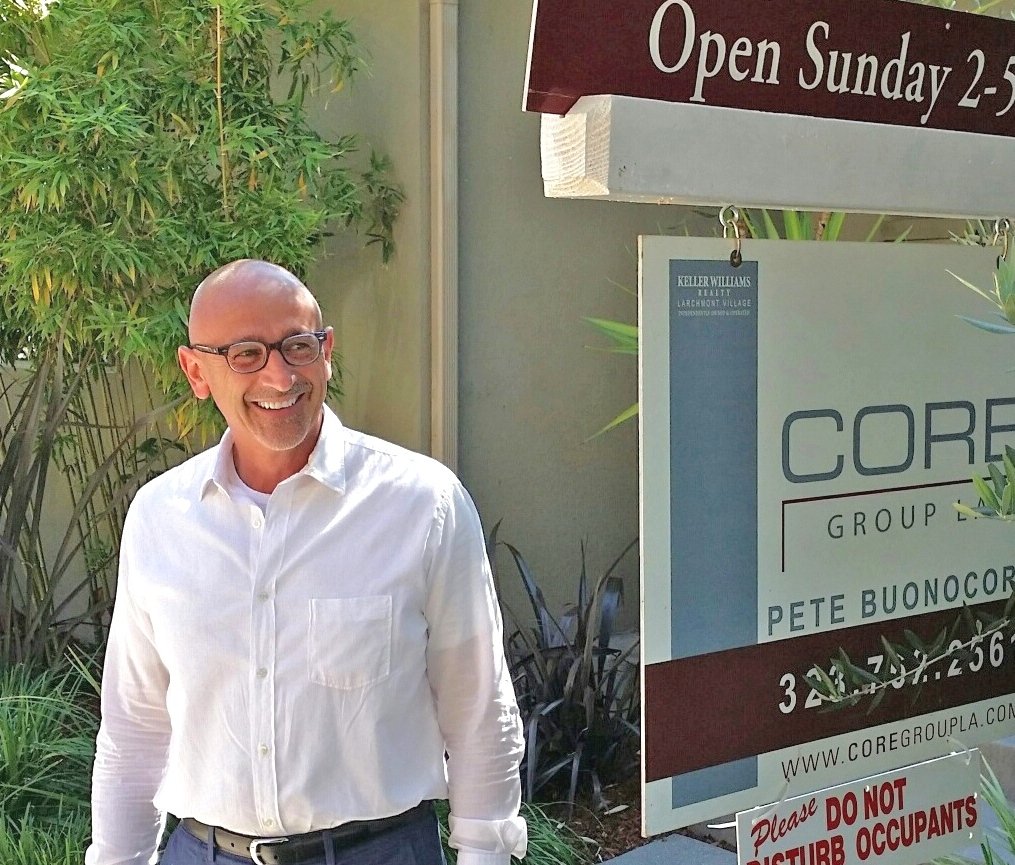FROM CURBED LA:
Here’s how California’s rent control law will work
Gov. Gavin Newsom signed Assembly Bill 1482 this afternoon, enacting rent control in California, when “no one thought this could be done.”
He signed the legislation—which is designed to guard tenants against the most “egregious” rent hikes—as part of a press conference and housing tour in Oakland.
Once the law is in effect on January 1, the state will begin to regulate how much Californians’ rent can increase every year, limiting it to 5 percent, plus the local rate of inflation. The rules, however, will vary for cities that already have rent control laws. The measure will expire in 2030 (unless lawmakers vote to extend it).
Newsom has said that with AB 1482, California will boast the “nation’s strongest statewide renter protections.” Today, he thanked dozens of activists for their tenacity in advocating for a slate of new policies designed to help renters in California, which has the second highest poverty rate in the nation and a growing homeless population.
“Millions of California renters are just one rent increase or eviction away from experiencing homelessness,” said the bill’s author, Assemblymember David Chiu (D-San Francisco). “Just because someone rents doesn’t make them any less worthy of having a stable home.”
Chiu and others have refrained from referring to the measure as rent control. That’s likely because many economists say it can make problems worse for renters in the long run by cutting into landlords’ profits and encouraging them to get out of the rental business.
Many experts also say California—and especially Los Angeles, the third most unaffordable metro region in the U.S.—needs to prioritize building more housing to bring down costs.
 “It is unfortunate that political expediency won over a comprehensive housing solution that will actually move the state closer to the Governor’s goal of creating 3.5 million new housing units,” California Rental Housing Association president Sid Lakireddy said in a statement.
“It is unfortunate that political expediency won over a comprehensive housing solution that will actually move the state closer to the Governor’s goal of creating 3.5 million new housing units,” California Rental Housing Association president Sid Lakireddy said in a statement.
As researchers at UC Berkeley’s Terner Center for Housing Innovation cautioned in a July report, “guarding against excessive rent increases alone is not enough to address California’s housing crisis.”
They ultimately concluded that AB 1482 could help protect tenants from extreme rent increases. But they also encouraged lawmakers to come up with policies that would preserve affordable housing—and encourage builders to produce more of it.
In the end, they say the positive impacts of AB 1482 will hinge on public awareness of the new rules and effective enforcement. To that end, a breakdown of how the law will work is below.
Would my apartment be rent-controlled?
That depends on where you live. If you reside in a city that does not already have a local rent control law and your rental is at least 15 years old, the answer is most likely “yes.”
The state law would exempt buildings constructed in the last 15 years. That’s a rolling date, meaning units built in 2006 would be covered in 2021, units built in 2007 would be covered in 2022, and so on.
What types of buildings would be impacted?
Rent control would be applied mostly to apartments and other multi-families buildings—with some exceptions—along with some single-family homes.
Condos and single-family homes would be exempt, unless owned by a corporation or real estate investment trust. Duplexes where the owner lives in one of the units would also be exempt.
How much would my rent go up?
If you live in a city that does not already have a local rent control law, rent increases would be limited to 5 percent, plus local inflation, but could never exceed a total of 10 percent.
For example, if you’re renting in Redondo Beach, which does not have its own local rent control law, and you pay $1,550 per month for rent, and Los Angeles County metropolitan area’s inflation rate is 3.8 percent, your landlord could raise your rent as much as 8.8 percent, a monthly increase of $136.40.
To help tenants whose landlords might have gone on a rent hiking binge in anticipation of AB 1482 passing, the law would be retroactive to March 15, 2019. Whatever amount you paid as of that date is that amount by which the increase would be based.
How much is inflation?
The rate of inflation will be tied to the Consumer Price Index in each metropolitan area. In Los Angeles County, it averaged 2.5 percent from 2001 to 2018.
Which communities have local rent control laws?
In Los Angeles County, the cities of Santa Monica, West Hollywood, Beverly Hills, Culver City, Inglewood, the city of Los Angeles, and unincorporated neighborhoods of Los Angeles County have local rent control laws.
What if I live in a city that already has rent control?
For the most part, the rules would not change. AB 1482 would not override local rent control laws. However, it would cover units that are not already covered by local rent control laws.
For example, in the city of Los Angeles, the local rent control law only applies to buildings constructed before 1978. Several hundred thousand newer units that opened in the nearly three decades from 1978 to 2005 would be covered under AB 1482.
So, in the city of Los Angeles, if you live in a building that opened before 1978, your rent would be capped under the provisions of the city’s law (it’s 4 percent this year.) If you live in a building that opened after 1978 and is at least 15 years old, your rent would be capped at 5 percent, plus inflation.
What else is in the bill?
Equally as important as the rent cap, renter advocates say, is a provision that would require landlords to show “just cause”—such as failure to pay rent—when evicting tenants. That would end the ability that landlords have now, in most parts of the state, according to CalMatters, to evict tenants without giving an explicit reason.
For tenants who have lived at the property for at least one year, landlords would have to give the renter the opportunity to “cure” the violation. Other examples of just cause include violating the terms of a lease and committing a crime on the property.
If a landlord wants to convert the rentals to condos or “substantially” remodel the property, they would have to pay relocation fees equal to one month of rent.
These rules would not apply to cities with their own local just cause laws, including Santa Monica and Glendale.
WRITTEN FOR CURBED LA BY JENNA CHANDLER





